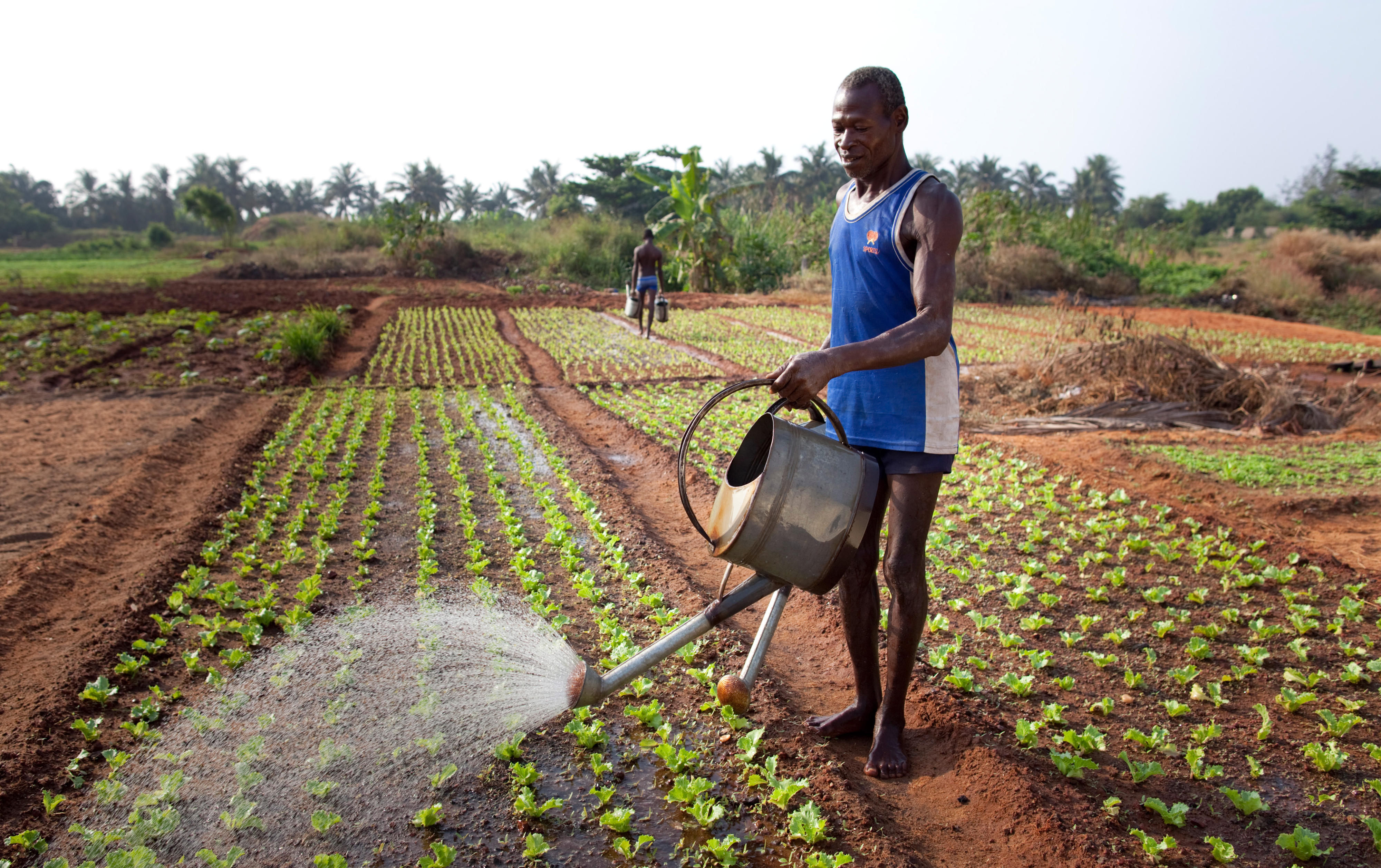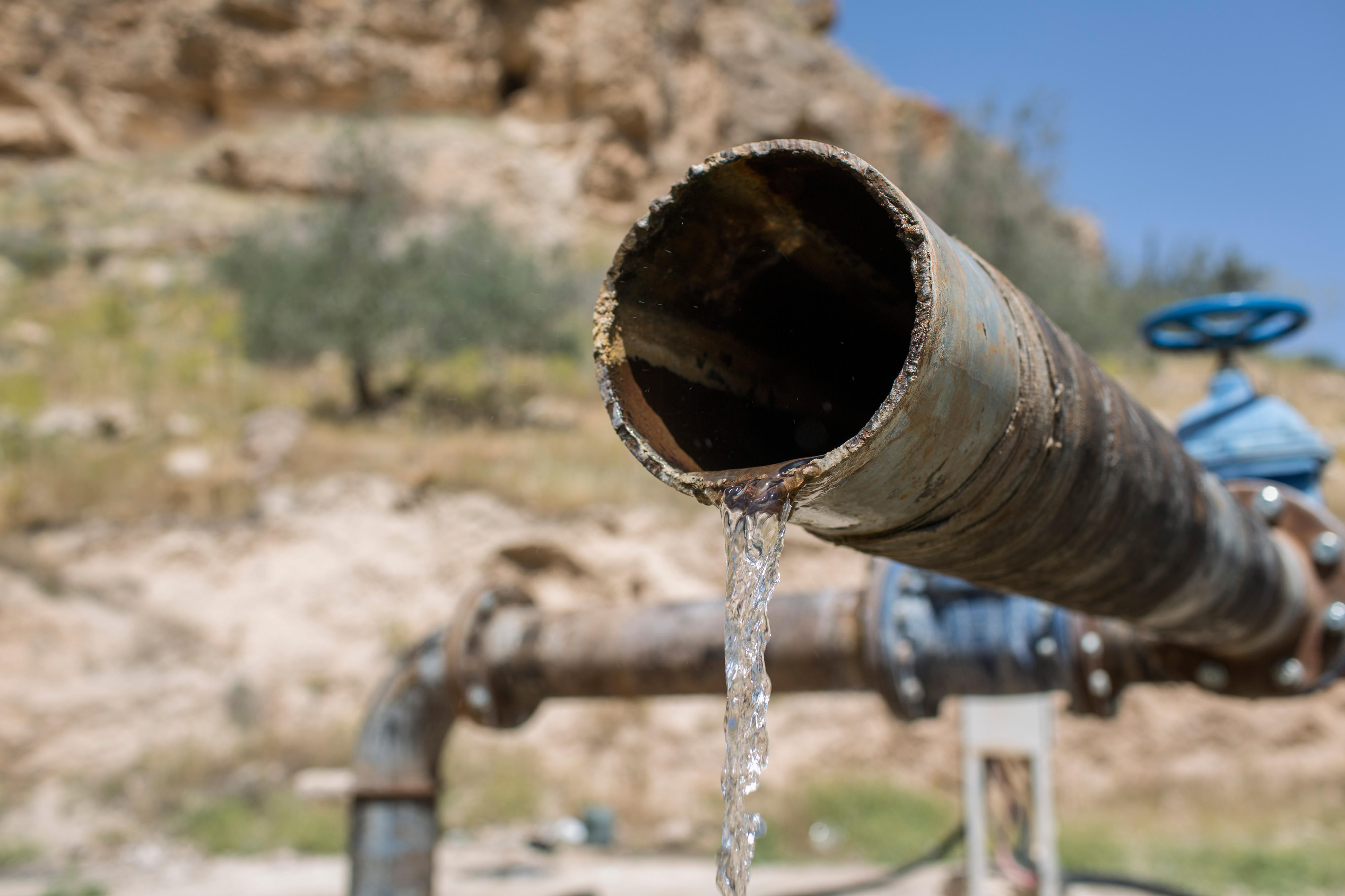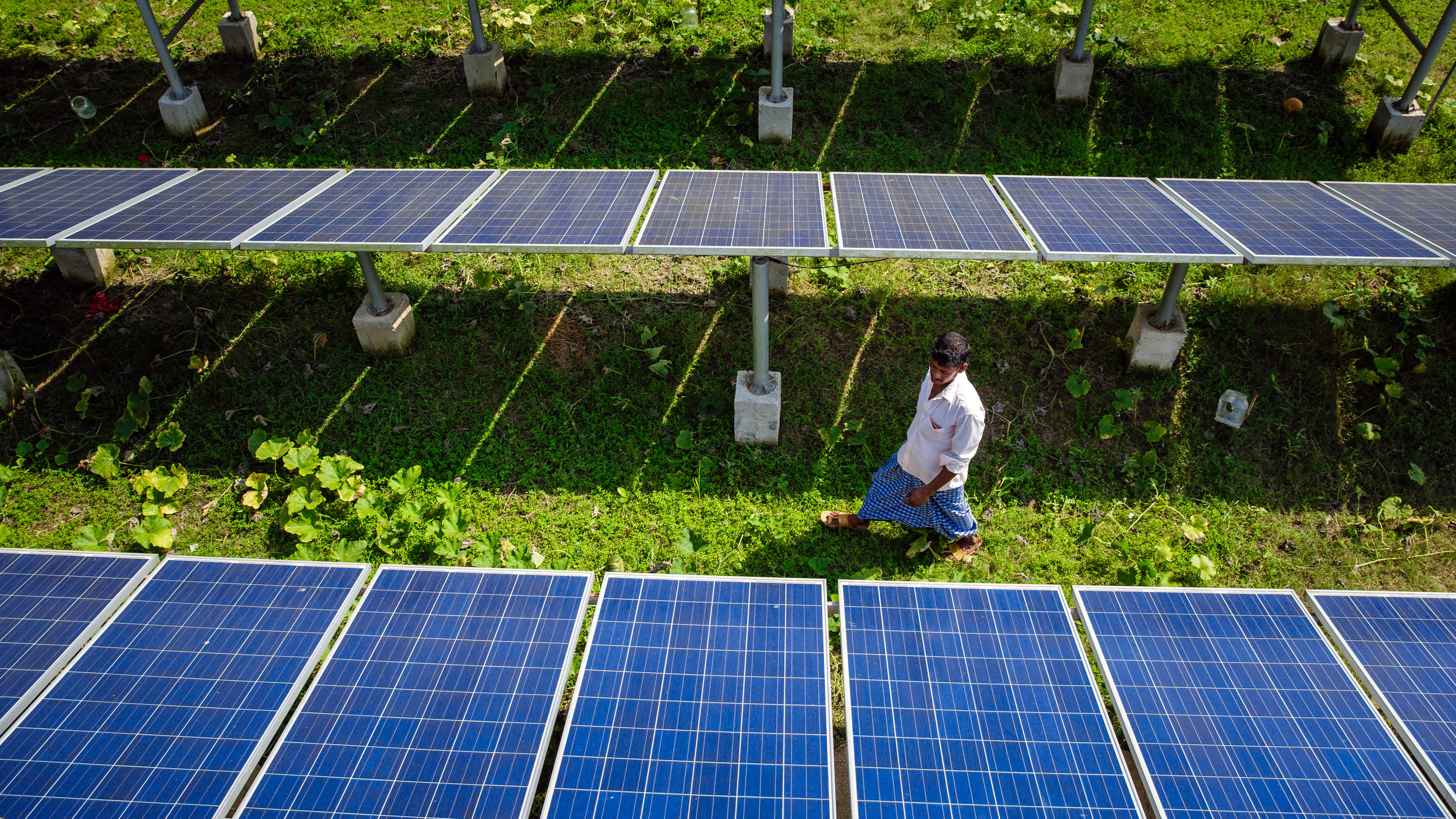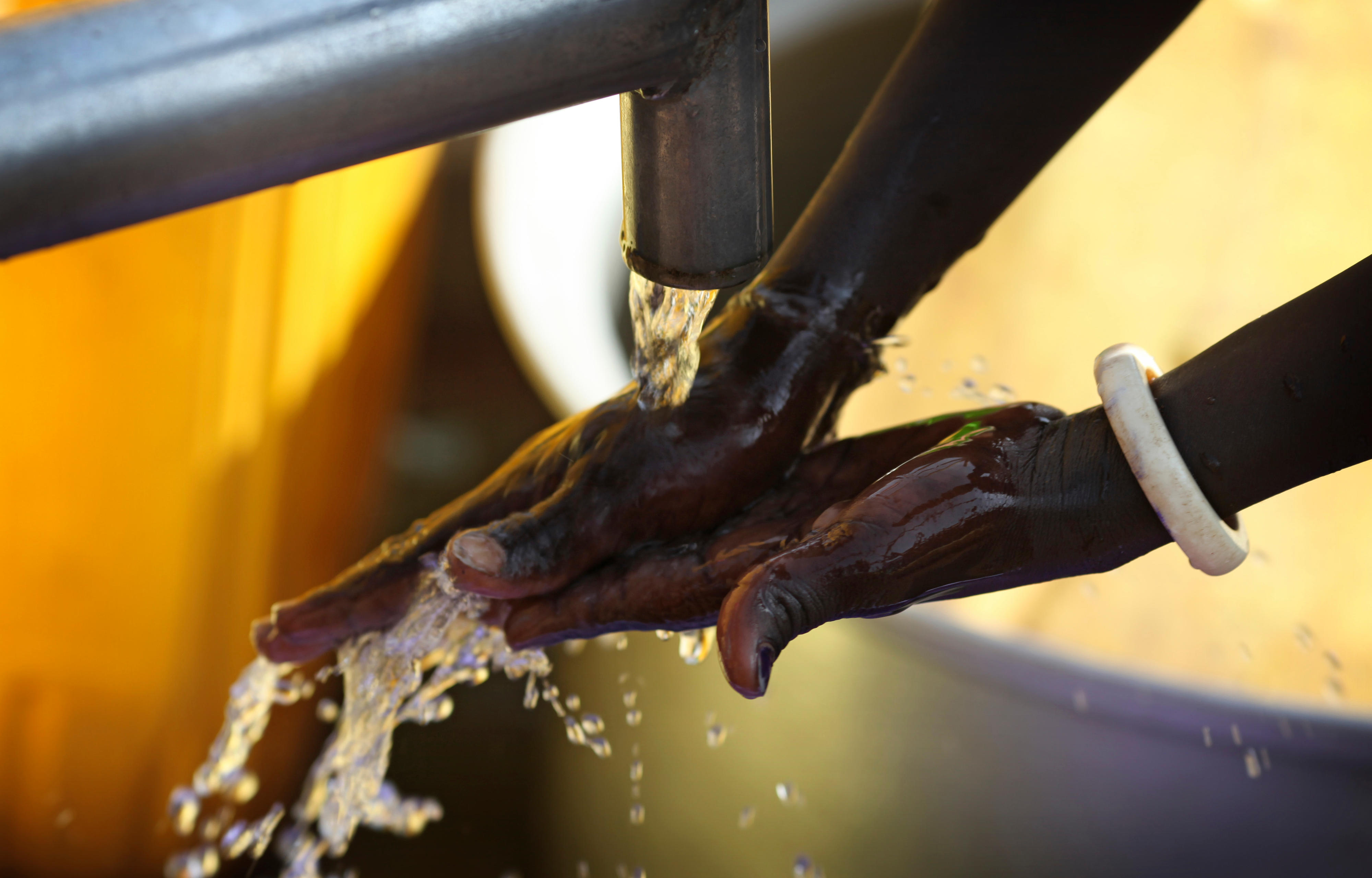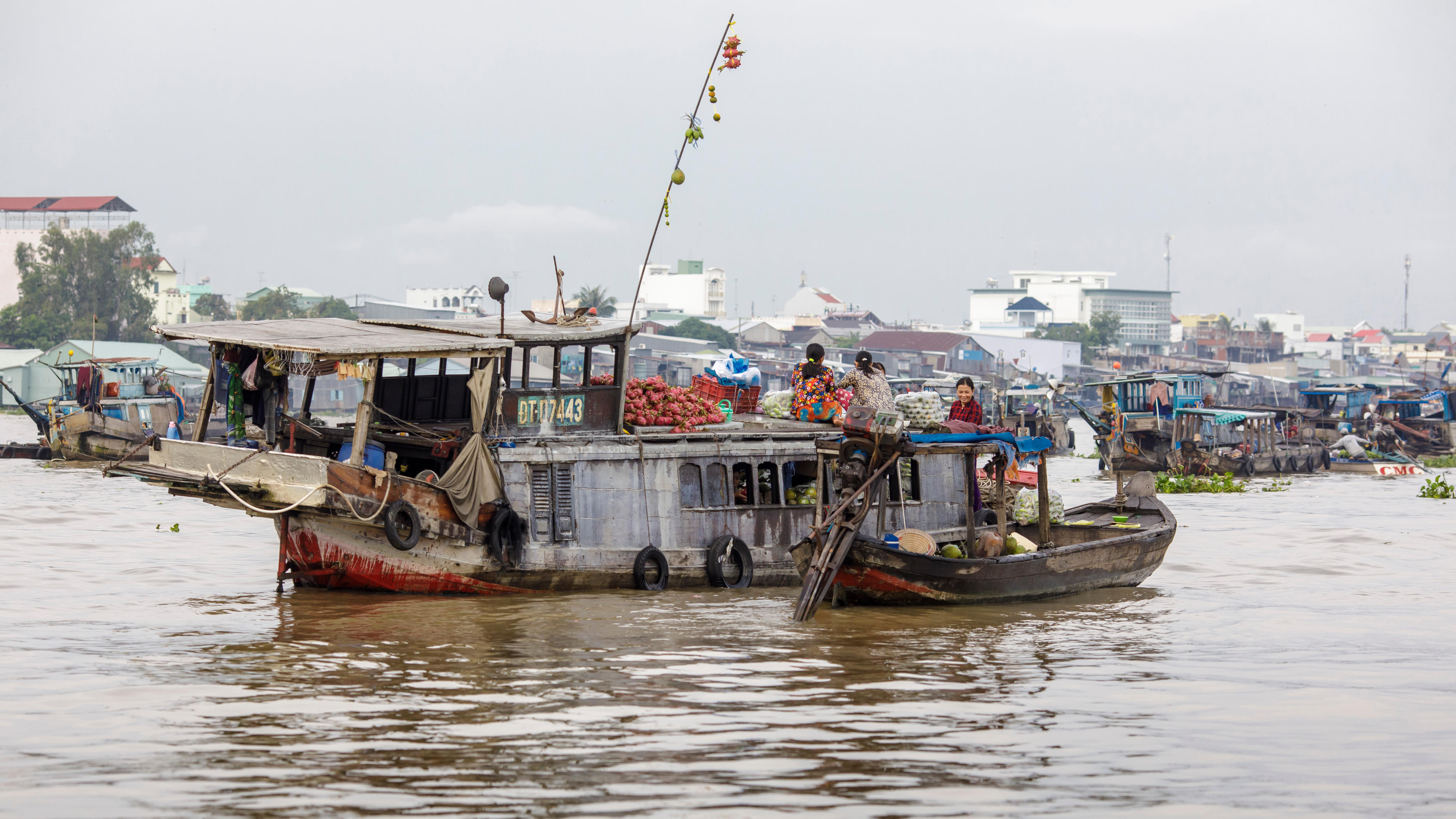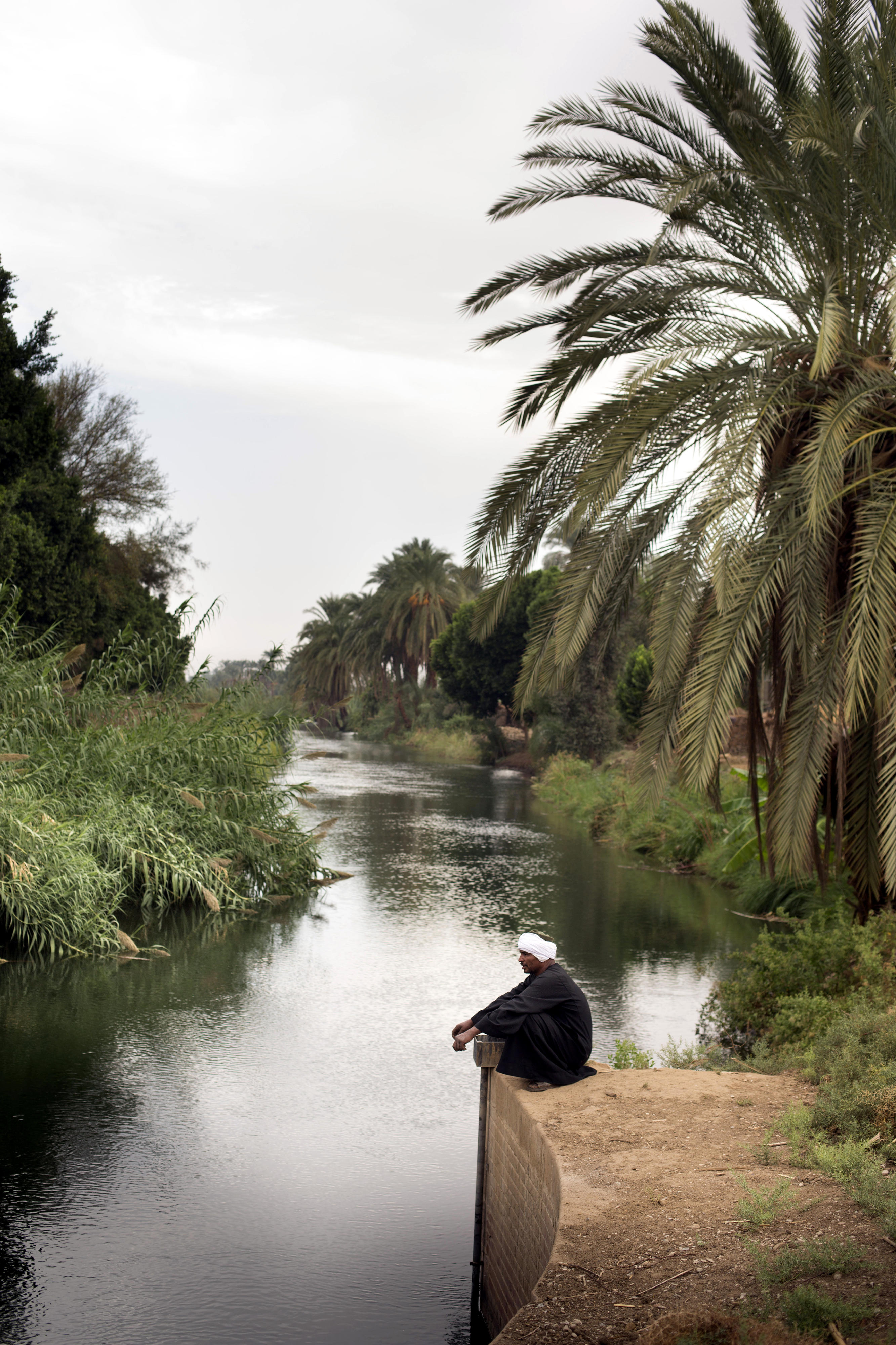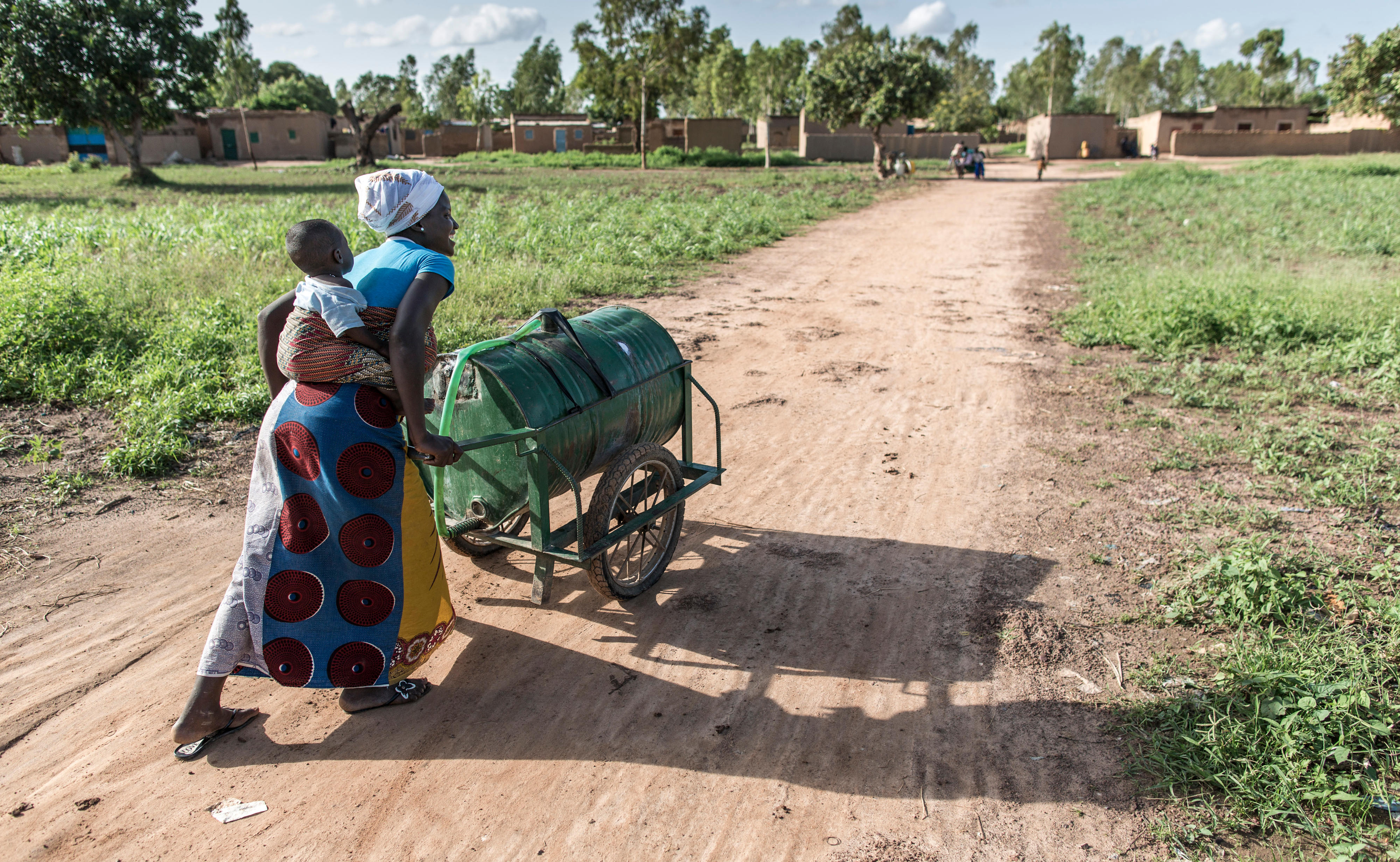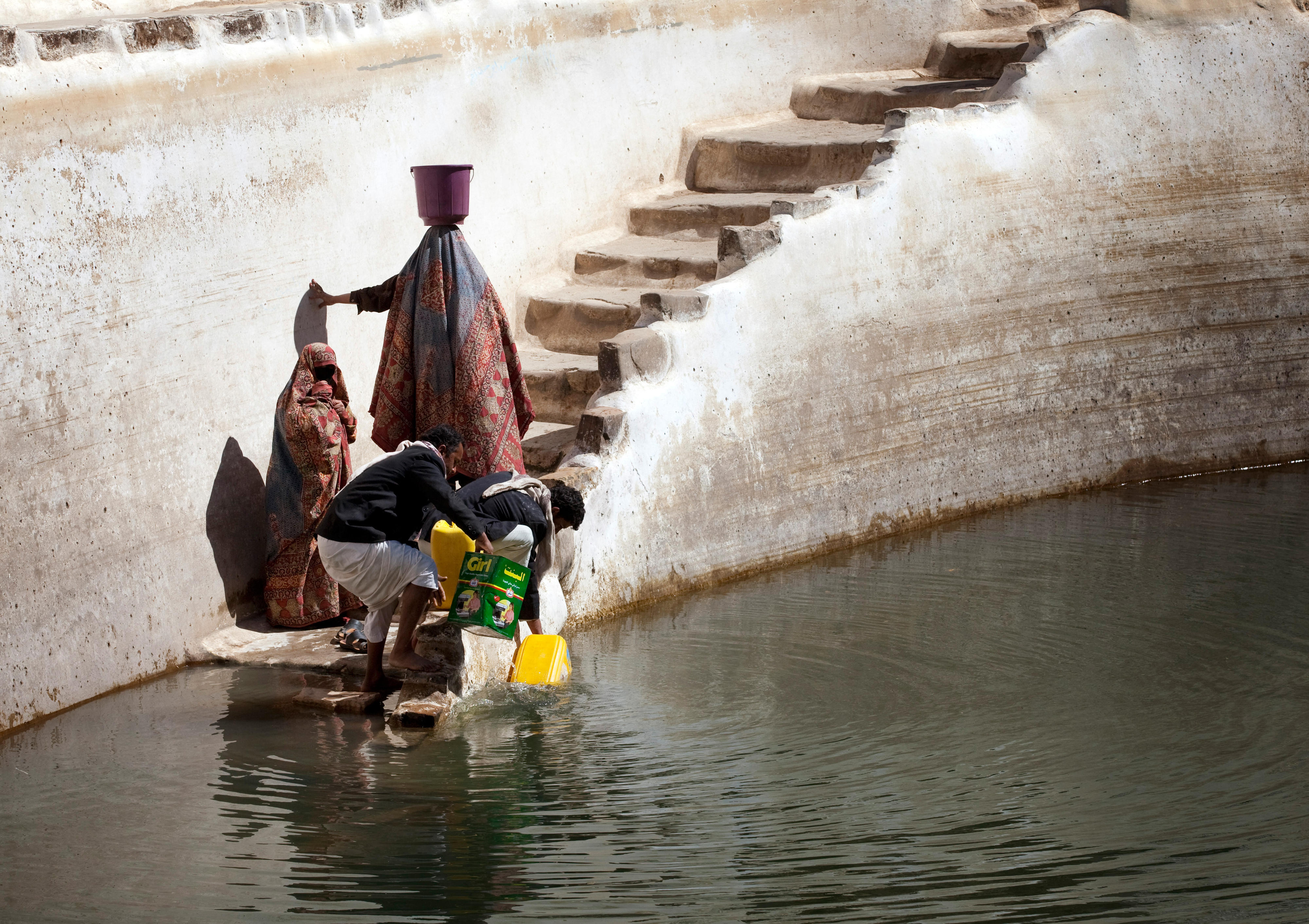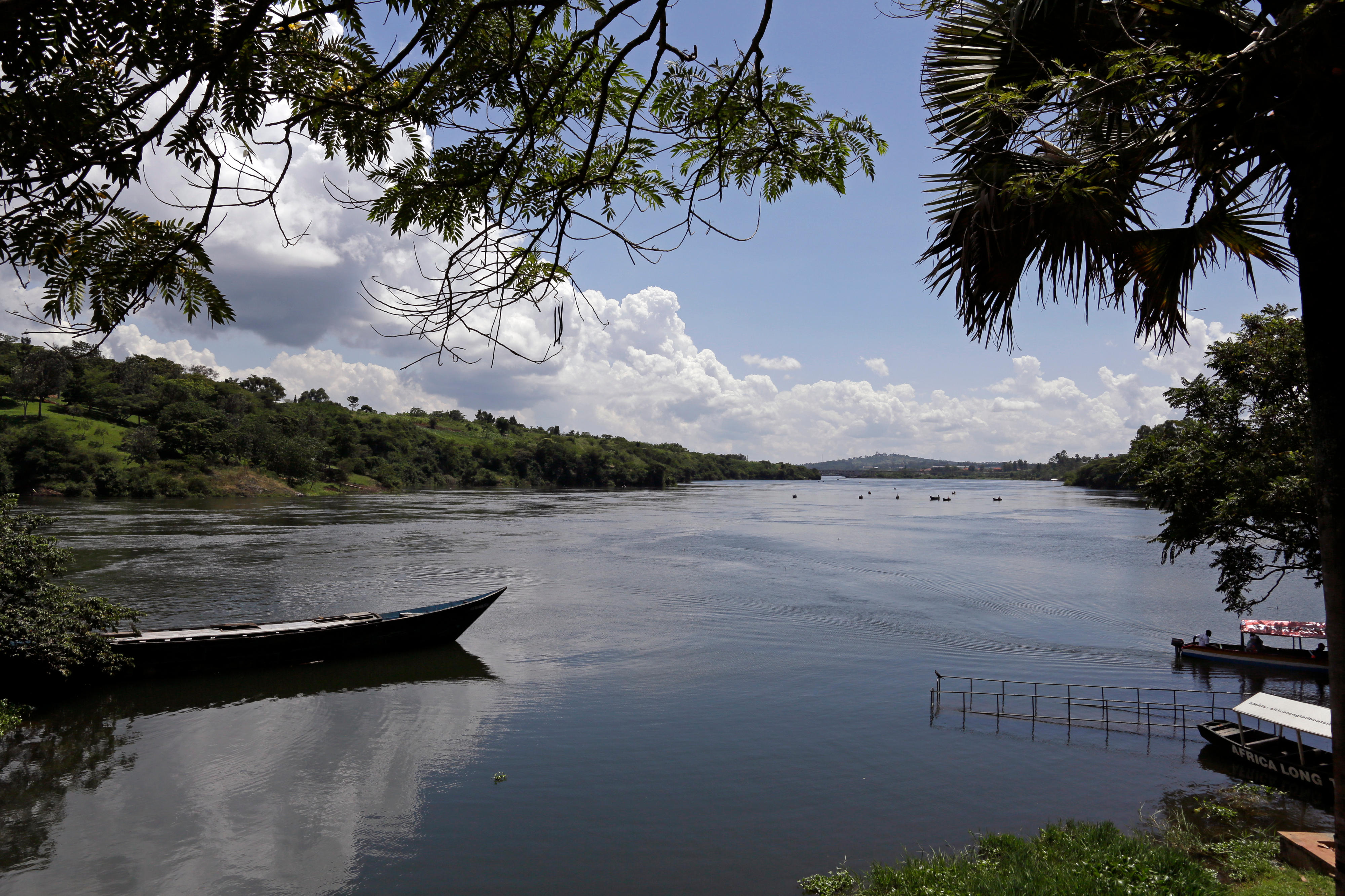A farmer in Togo watering his field
Copyright© Ute Grabowsky/photothek.net
No life without water
In order to protect the world's vital natural resources and to secure water supplies for the world's current and future generations, we need to manage our planet's resources sustainably. Germany, one of the biggest bilateral donors in the water sector worldwide, is working for that goal in many different ways.
Global population growth, economic growth and growing cities are leading to a sharp rise in water consumption, which is putting enormous pressure on scarce water resources and on the infrastructure available to supply people with water. Moreover, much of the world's wastewater flows untreated into the environment – with significant health-related, economic, environmental and social consequences.
Recognised human rights
Access to reliable water supplies and access to sanitation are human rights that have been recognised by the United Nations. They also make up one of the Sustainable Development Goals (SDG 6) of the 2030 Agenda.
However, according to data published by the World Health Organization (WHO), more than two billion people had no access to safely managed drinking water in 2022. As many as 3.5 billion people lacked safely managed sanitation, and about two billion people had no handwashing facility with both soap and water available at home. Many millions of people have to make long, and in some cases unsafe, journeys to fetch water or use toilets. This is adversely affecting the lives of girls and women in particular.
Core area strategy on “Conserving nature and natural resources, protecting life on Earth”
In 2024, the BMZ presented its strategy on “Conserving nature and natural resources, protecting life on Earth”. It serves as a binding basis for Germany's official development cooperation and is a contribution towards implementing the 2030 Agenda and the Paris Agreement. Water is one of the areas of intervention addressed as part of this core area. In the water sector, the BMZ's activities include efforts to realise the human rights to safe and affordable water and to sanitation, measures to strengthen water security through integrated water resources management, and targeted contributions to climate change mitigation, adaptation and risk management.
One important document of reference providing more in-depth guidance for the sector is the BMZ's strategy “Practical implementation of the 2030 Agenda. Synergies and conflicts between water (SDG 6) and other goals (External link)”.
As at: 13/06/2024
